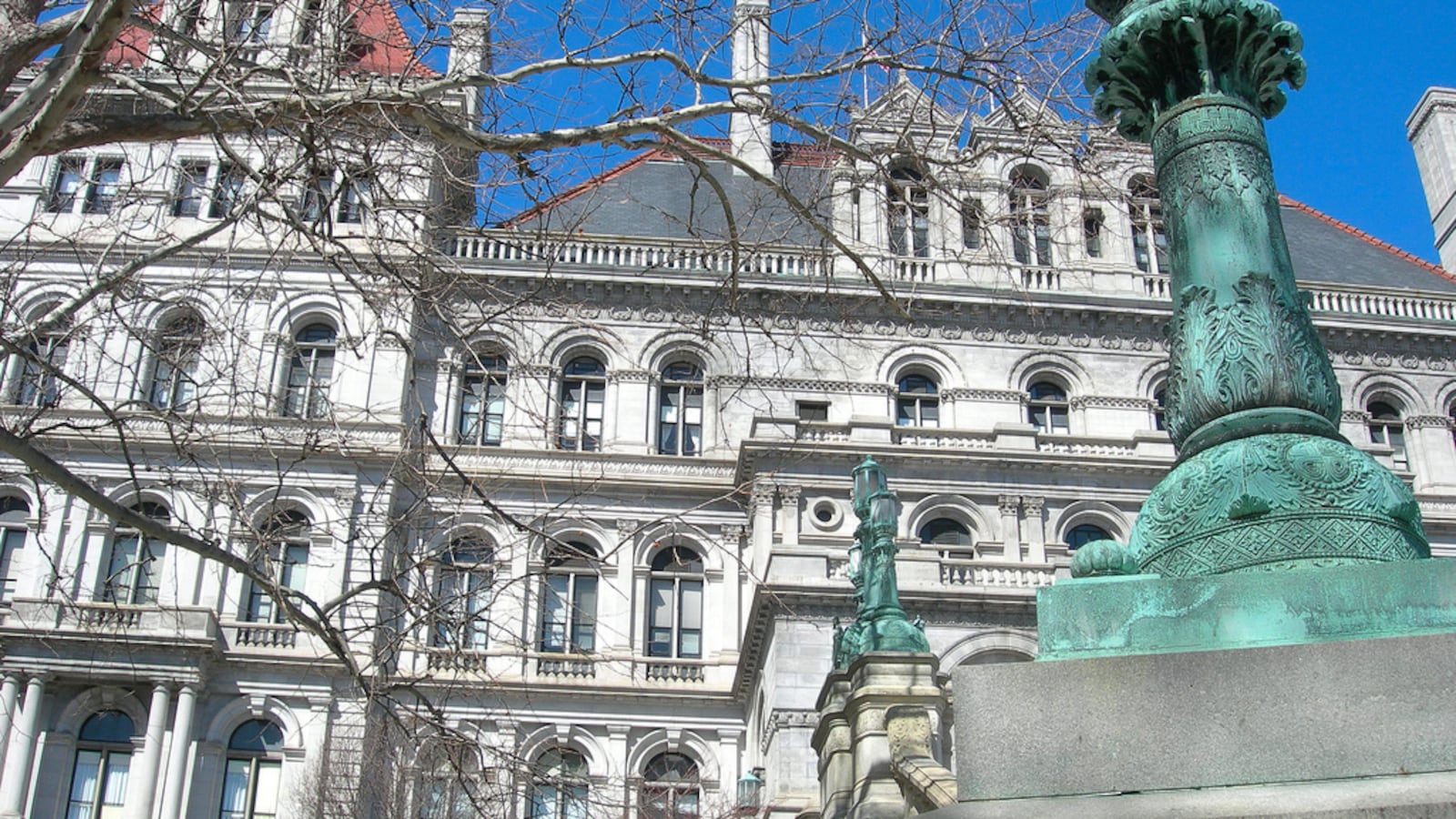In a break from recent tradition, New York state lawmakers have not been able to close a timely deal on how to spend billions in state funds.
Instead, they spent Monday passing an “extender,” which will keep the government running but push all major decisions — including contentious fights about charter schools and school aid — into the future.
That move is likely to affect the state’s schools, since lawmakers typically haggle over large sums of education funding. A good portion of that money flows to New York City public schools, which get nearly half their funding from the state.
So what exactly does the lack of an on-time budget mean for principals, teachers and students in New York City schools?
A longer wait
Mostly, it means that all the education storylines in Albany will be decided at a later date. It is unclear how long it will take to resolve the remaining issues. The extender ends on May 31, but education advocacy groups are pushing lawmakers to determine state aid for schools earlier to cut down on uncertainty for school districts.
Students headed to college will also have to wait and see if the state will pass Governor Cuomo’s free college tuition bill and whether it will be tweaked based on competing proposals from the Assembly and Senate. Meanwhile, New York City will remain in the dark about how much aid it will receive, and charter schools will not know if they get a boost in funding.
Will that cause any problems?
New York City will likely have fewer problems than most school districts in the state, advocates said.
Many school districts have to put their budgets up for a vote by May 16, which means they could be faced with approving a budget before they know how much money they will receive from the state, according to the New York State Council of School Superintendents.
“The potential delay of a full fiscal year state budget for two more months may force school districts to make difficult choices that could otherwise be avoided,” said Charles Dedrick, the council’s executive director, in a statement.
But New York City does not have the same problem. Its budget does not need to be finally adopted until July 1.
So, will it matter at all for New York City?
Advocates say any uncertainty is a bad thing.
When local lawmakers are planning for a budget without a firm funding commitment from the state, they may opt to be safe and spend less than they otherwise would on students, said David Albert, spokesman for the New York State School Boards Association.
“The bottom line is, without knowing how much more they’re going to get from the state, they’re going to be conservative and assume less,” Albert said.
Clem Richardson, a spokesperson for the principals union, said he didn’t anticipate a major problem for most principals this year. But it may cut down on the time principals can use to plan for the next school year, said Raymond Domanico, director of education research at the city’s Independent Budget Office.
Overall, Domanico said, the severity of the problem depends on whether New York City gets the school funding it hoped for in the end. If not, city officials will have a short amount of time to fill a big hole in the budget.
“Whether it’s a big deal or not depends on the outcome,” Domanico said.

